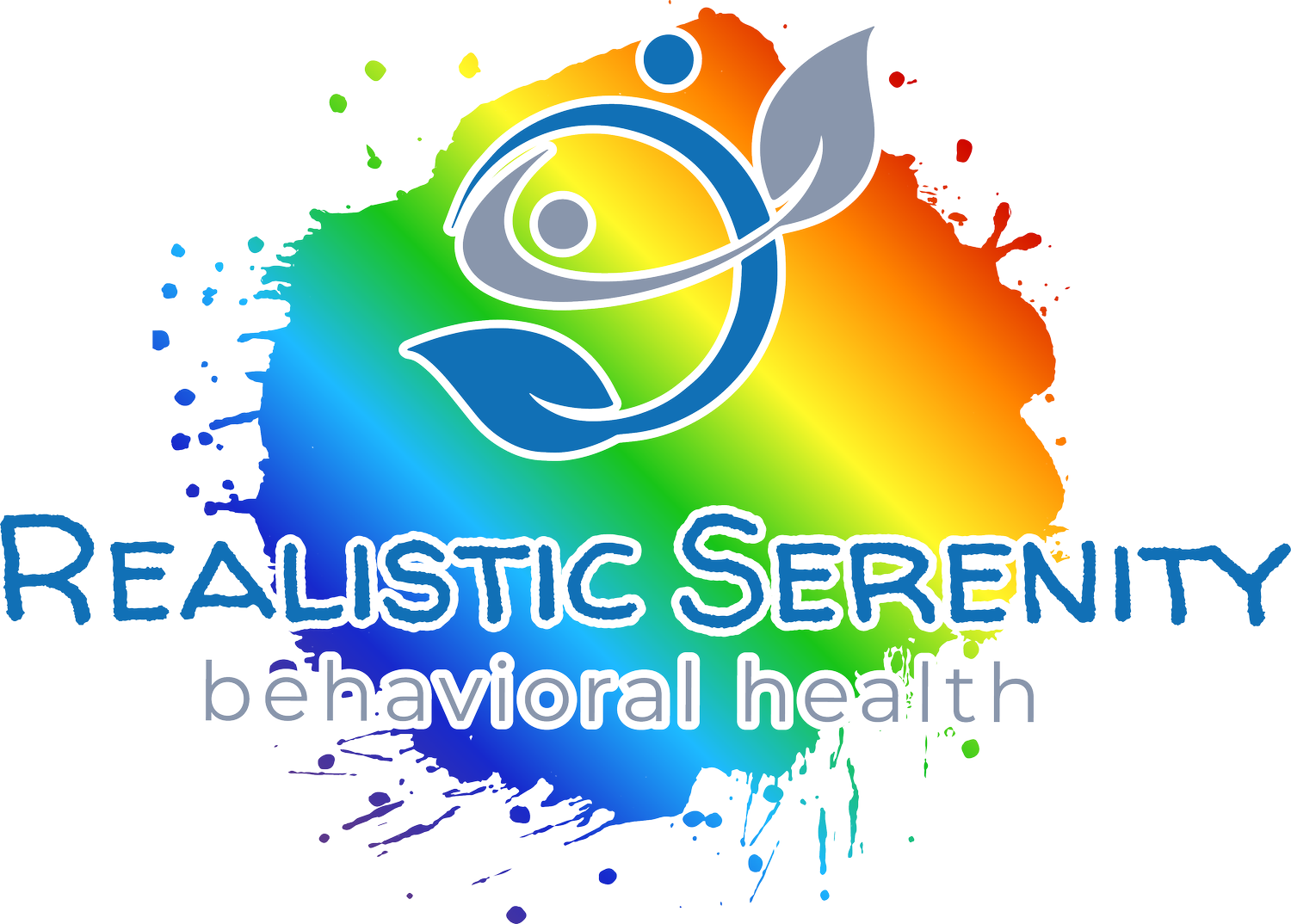
Good Faith Estimate
-
NOTICE: NO SURPRISES ACT AND THE GOOD FAITH ESTIMATE
On January 1, 2022 a ruling went into effect called the “No Surprises Act.” This act requires healthcare providers to give a “Good Faith Estimate” of the cost for healthcare services to clients who are either uninsured or utilize self-pay services. The No Surprises Act was designed to protect clients from receiving unexpected medical bills. The Good Faith Estimate (GFE) shows the cost of items and services that are reasonably expected for your healthcare needs and is based on the information known at the time the estimate was created. The GFE was created to provide transparency in billing practices to give clients predictability in how much they will be charged for the services they will be receiving, prior to their appointment. The GFE does not include unknown or unexpected costs that may arise during treatment and are generally not required for emergency services, since due to their nature cannot be scheduled in advance. Clients have the right to obtain a GFE upon request and at the time of scheduling services. The GFE does not obligate a client to obtain any of the services listed in the GFE.
The law requires healthcare providers to give clients a GFE of expected charges for scheduled healthcare services within certain timeframes:
• If the service is scheduled at least 10 days before the appointment date, the GFE must be provided within 3 business days of scheduling.
• If the service is scheduled at least 3 business days in advance, the GFE must be provided within 1 business day after the date of scheduling.
• If a client requests a GFE (without scheduling a service), the GFE must be provided within 3 days of the request.
GOOD FAITH ESTIMATE DISCLAIMER
The information below has been taken directly from the cms.gov site regarding the no surprises act and was not written by Realistic Serenity Behavioral Health:
This Good Faith Estimate shows the costs of items and services that are reasonably expected for your health care needs for an item or service. The estimate is based on information known at the time the estimate was created.
The Good Faith Estimate does not include any unknown or unexpected costs that may arise during treatment. You could be charged more if complications or special circumstances occur. If this happens, federal law allows you to dispute (appeal) the bill.
If you are billed for more than this Good Faith Estimate, you have the right to dispute the bill.
You may contact the health care provider or facility listed to let them know the billed charges are higher than the Good Faith Estimate. You can ask them to update the bill to match the Good Faith Estimate, ask to negotiate the bill, or ask if there is financial assistance available.
You may also start a dispute resolution process with the U.S. Department of Health and Human Services (HHS). If you choose to use the dispute resolution process, you must start the dispute process within 120 calendar days (about 4 months) of the date on the original bill.
There is a $25 fee to use the dispute process. If the agency reviewing your dispute agrees with you, you will have to pay the price on this Good Faith Estimate. If the agency disagrees with you and agrees with the health care provider or facility, you will have to pay the higher amount.
To learn more and get a form to start the process, go to www.cms.gov/nosurprises/consumers or call
1-800-985-3059.
RIGHTS REGARDING THE GOOD FAITH ESTIMATE:
You have the right to receive a “Good Faith Estimate” explaining how much your medical care will cost. Under the law, health care providers need to give patients who don’t have insurance or who are not using insurance an estimate of the bill for medical items and services.
• You have the right to receive a Good Faith Estimate for the total expected cost of any non-emergency items or services. This includes related costs like medical tests, prescription drugs, equipment, and hospital fees.
• Make sure your health care provider gives you a Good Faith Estimate in writing at least 1 business day before your medical service or item. You can also ask your health care provider, and any other provider you choose, for a Good Faith Estimate before you schedule an item or service.
• If you receive a bill that is at least $400 more than your Good Faith Estimate, you can dispute the bill.
• Make sure to save a copy or picture of your Good Faith Estimate.
For questions or more information about your right to a Good Faith Estimate or the dispute process, visit www.cms.gov/nosurprises/consumers or call 1-800-985-3059. Keep a copy of this Good Faith Estimate in a safe place or take pictures of it. You may need it if you are billed a higher amount.

